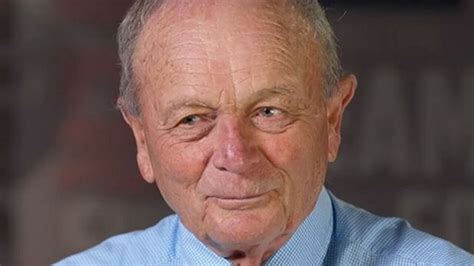A Quote by Doug McMillon
Businesses grow and they don't change enough and they decline over time. Retailers do that on a bit of a faster cycle.
Related Quotes
One of the things I've probably absorbed when I was in business school - and didn't know I was learning it - was about life cycles, that things begin, and they peak, and then they decline. So whether you look at life cycles of fashion, or you look at life cycles of things that people buy, designs, everything is in a life cycle. Getting out of the apparel businesses and into beauty and lingerie, those were very big bets, but they were very deliberately thought about and tested over time.
Our approach is to think of companies not as businesses but as collections of people. We [Apple]want to qualitatively change the way people work. We don't just want to help them do word processing faster or add numbers faster. We want to change the way they can communicate with one another. We're seeing less paper flying around and more quality of communication.
Two years gives you enough time to grow and to change, and to, you know, change your priorities. Change where you live, change your hair, change what you believe in, change who you hang out with, what’s influencing you, what’s inspiring you. And in the process of all of those changes in the last two years, my music changed.
Ten percent of American businesses disappear every year. ... It's far higher than the failure rate of, say, Americans. Ten percent of Americans don't disappear every year. Which leads us to conclude American businesses fail faster than Americans, and therefore American businesses are evolving faster than Americans.


































